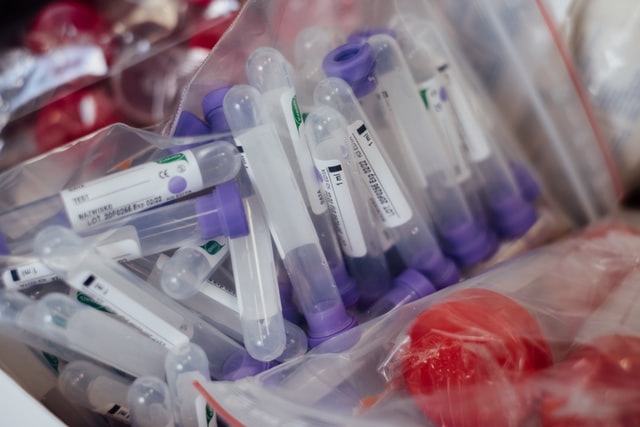Many concerns have emerged regarding mutations of the COVID-19 virus. A recently published and peer-reviewed investigation suggests the second strain of the virus is more infectious.
All viruses will naturally mutate. Most of these mutations are neutral but some can make a strain even more potent than before. Virologists have not yet reached an agreement on the various mutations of the coronavirus. The new study suggests there has been a change in the amino acid in the virus which has lead to it developing more infectious traits.
According to the paper, an amino acid change has occurred on the SARS-CoV-2 spike protein which is responsible for allowing the virus to hold onto human cells. This protein directly influences how infectious the pathogen is.
Multiple approaches were employed by the team at Los Alamos National Laboratory to reach this conclusion. Both strains were carefully analysed to determine how the virus had mutated. The virus was also tested in individuals with the virus. Two strains were identified, called G strain and D strain.
Test revealed that the mutated version of the virus, “G strain” produced more of the virus in the human body than D strain, but without a higher hospitalisation rate. This means that the mutated strain did not produce more severe symptoms, just a larger volume of the virus.
During the last stages of research, the team created “pseudotype” pathogens by embedding SARS-CoV-2 spike proteins that contained either G or D amino acids into other viruses that cause diseases. The pseudotype viruses were tested by infecting human cells in the lab, and results showed that those with G strain were more infectious.
The study noted that testing done in the lab is not the same as how the virus would react in the more complex human body with an immune system, because of this other scientists say there are doubts regarding the research results and their possible overinterpretation.
Some experts argue that the study simply reveals that one strain is more prevalent rather than infectious. Others say the methods used in the study are not accurately testing the virus’s infectiousness.
Authors of the study say that despite their research the current vaccines being used and therapeutic efforts based on strain D will not necessarily be useless against the mutated strain. Efforts may need to be adjusted, however, to fight a more advanced version of the virus.
It is not yet known whether the new strain will make the virus more difficult to fight or if the current method of treatment will be proven ineffective against the advanced virus mutation. Authors of the study say more work needs to be done.
Picture: Unsplash

